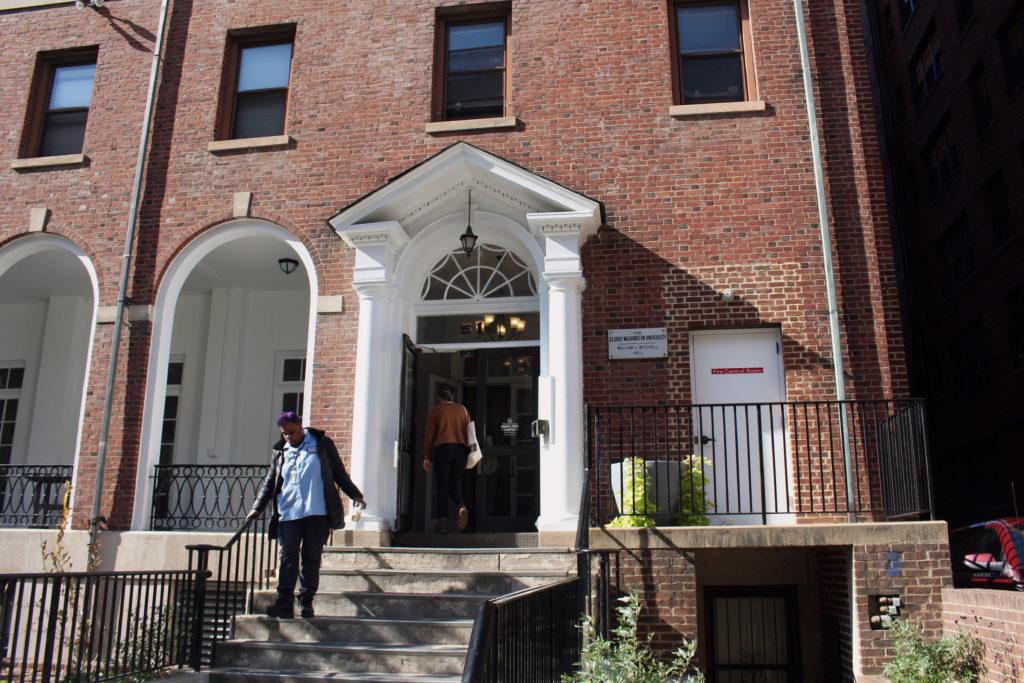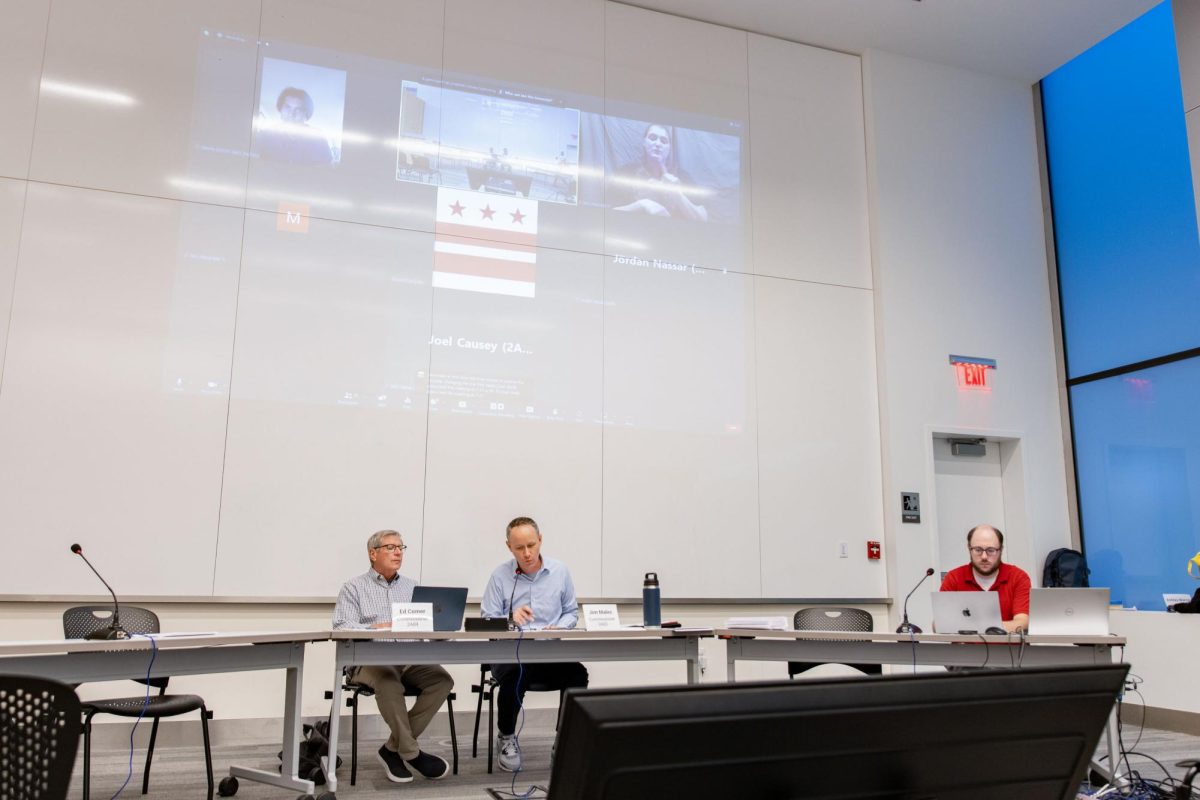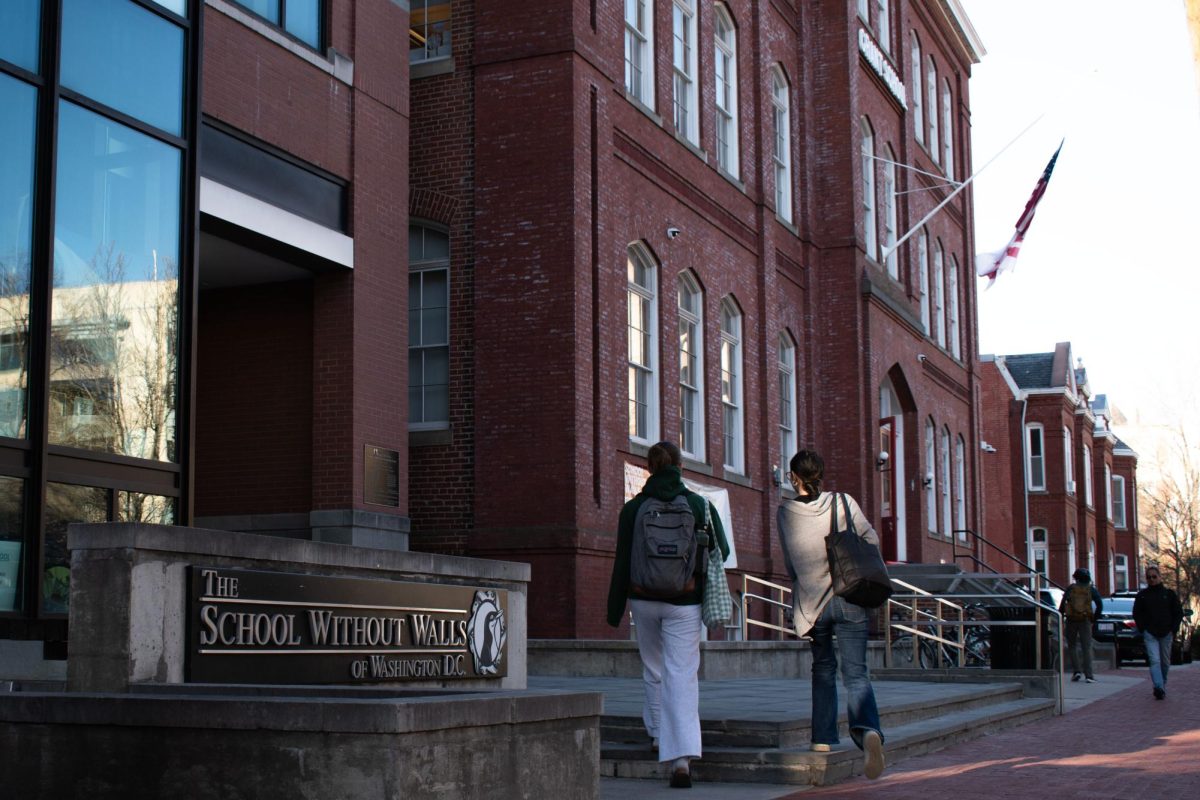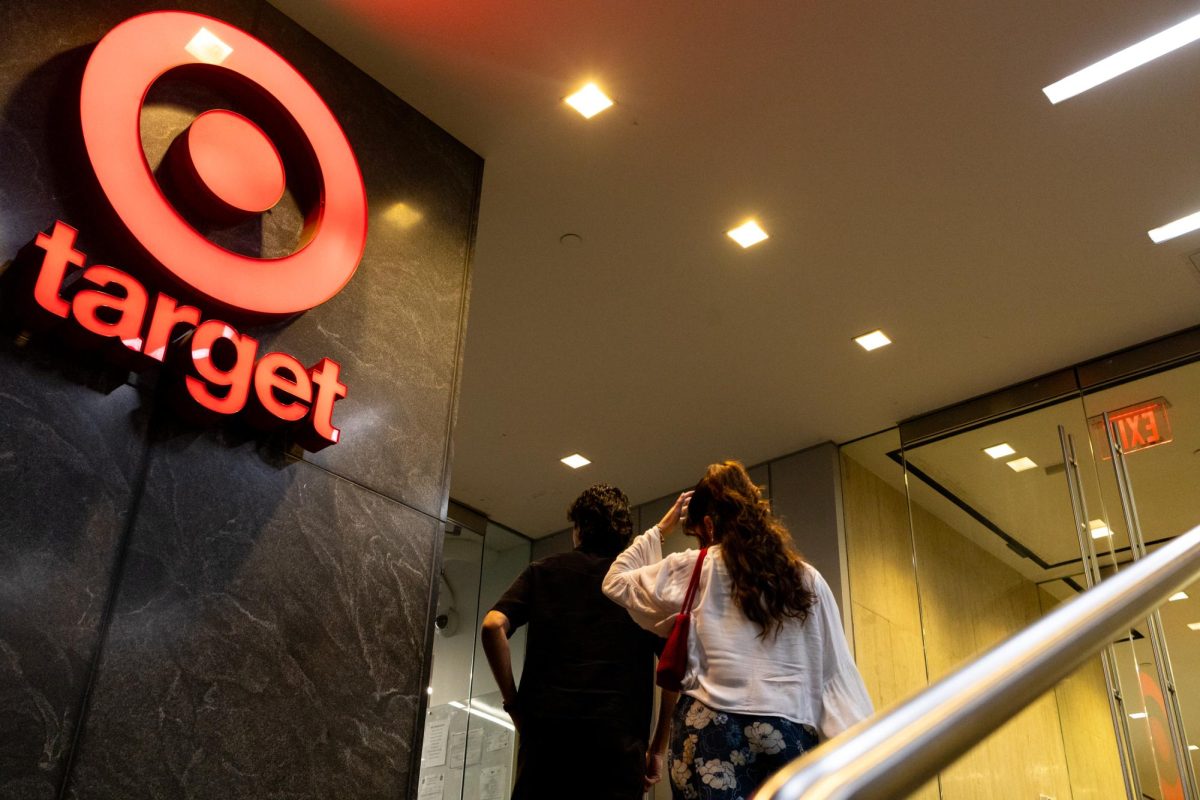The Resident Adviser and Student Access Monitor programs will remain suspended for the spring semester, officials said.
Despite the University’s announcement last month to allow 1,500 additional students to live on campus during the spring semester, the RA and SAM programs will be paused for the full academic year. Officials said they decided to halt the programs after weighing the COVID-19 health risks student leaders would have been exposed to while working closely in contact with other students.
Stewart Robinette, the assistant dean of students, campus living and residential engagement, said officials’ “main goal” has been “safeguarding” the health and safety of students who are or will be living in GW’s residence halls. He said administrators’ decision to pause the program for the spring was communicated directly to the RAs Oct. 21, after the University’s announcement regarding additional spring housing options.
He said Campus Living and Residential Education anticipates the demand for housing will be more than the available residential halls.
“This decision is based on how we are continuing to respond to COVID 19 spread in relation to aspects of the RA role, ensuring equity with students who apply for housing, and ways that roles can be provided in lieu of the RA position,” Robinette said in an email.
Vice President of Safety and Facilities Scott Burnotes said keeping the students employed as SAMs safe had been the department’s “first concern” when the University began preparing for the fall semester. He said officials made the decision to pause the program for the year to prevent any possibility of students being exposed to COVID-19 while monitoring residence halls.
He said security in residence halls will be conducted by “existing” staff members in the spring in lieu of employed SAMs.
“The very nature of that job, monitoring and interacting with community members visiting our buildings, four hours at a time, could increase the likelihood of exposure to COVID-19,” Burnotes said in an email. “Although we can mitigate such risks, it’s not possible to eliminate them.”










